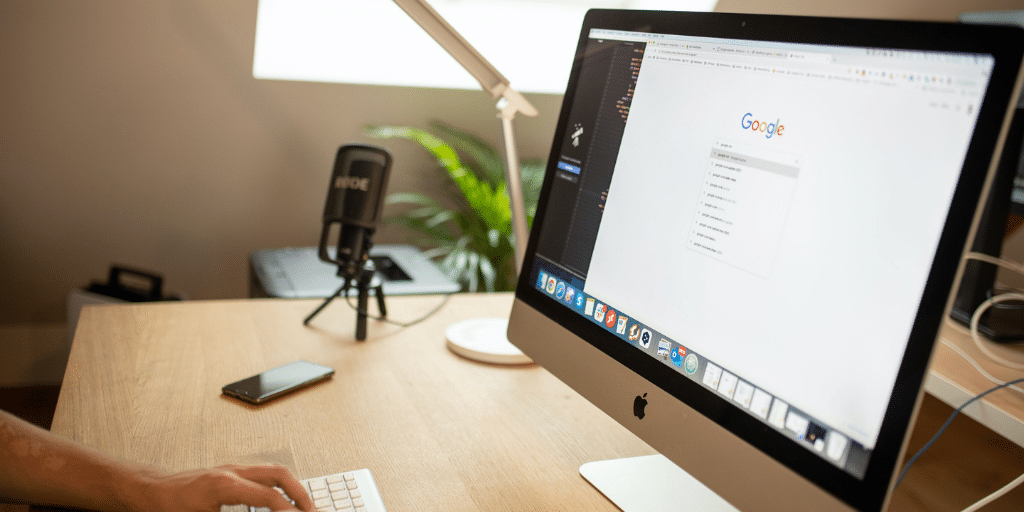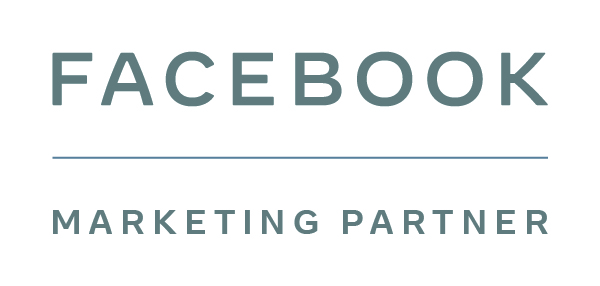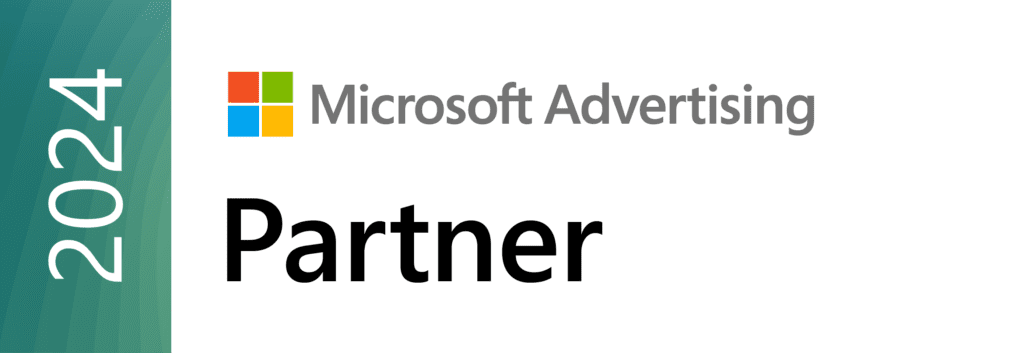In 2022, all e-commerce retailers should be preparing for a cookieless world. This year, it is essential that brands who want to continue to get profitable results from their Google Ads must develop a robust cookieless strategy.
Google Chrome has around 65% of market share for browsers globally, so updates that affect data and targeting have implications that affect advertisers, publishers and tech platforms alike.
What needs some serious consideration this year is the changes to online privacy. Google Chrome will stop tracking personal cookies in its Chrome Browser in March 2023. Other major search engines, including Bing, are also planning on doing the same.
This change will have a major impact on targeting strategies, including remarketing, in-market, and affinity user targeting across Google Ads (Text Ads, Shopping, YouTube, and Display). Without careful planning and adjustments, this will affect campaign performance results, and ultimately your bottom line.
So how can you prepare? The answer is the creation of a cookieless strategy.
Developing Your Robust Cookieless Strategy
1. Prepare Your PPC Strategy
It is essential to prepare a PPC strategy that can withstand a world without third-party cookies, which sits at the core of how PPC is tracking. It’s time to work closely with your in-house paid search team, or your PPC agency.
2. Check Your Tracking
You must make sure you have the right tracking implemented on your website to improve data accuracy across major media platforms and there are several ways to do this.
3. Embrace AI Technology
You can use the latest AI technology created by major media publishers/owners, to target cohort audiences rather than individual users. You can also improve users’ trust and privacy concerns by working to an open and transparent data arrangement and using open source reviews as a way to demonstrate the satisfaction of your existing customers.
4. Create a Media Strategy
You must create a media strategy built around first-party data and audiences with shared characteristics. In addition, you will need to have the understanding of how to leverage this to make optimisations choices to meet your KPIs.
5. Google Enhanced Conversions
Finally, and some good news, Google has also given ecommerce retailers a helping hand to prepare for the incoming change with Google Enhanced Conversions. This is an AI conversion model you can use within Google Ads, which will allow for sales attribution in a cookieless world however there are conversion volume thresholds to consider.
If you fail to switch to Google Enhanced Conversions, the data you collect is likely to become inaccurate and meaningless from a performance perspective. This will lead to making poor or and in some cases costly choices in optimising your PPC campaigns on a micro and macro level.
6. Speak With Your PPC Team
To make sure this doesn’t happen to you and for more information, speak with your PPC team on how to create the necessary adjustments with a roadmap and strategy to switch over to Google’s enhanced conversion tracking. Make sure your team reviews your current tracking and prepares a full tracking audit.
Prepare to succeed in 2023
With these tools and adjusted approach under your belt, your brand will be ready to withstand and even succeed following this dramatic shake up in the world of tracking and PPC.
Looking for inspiration? Take a look at our work for Celebrate gifts and Cutting Edge.
If you need some more advice and want to talk through how you can create a cookieless strategy, get in touch with our PPC experts. Call us on 0161 762 4920 or use our contact form here.





